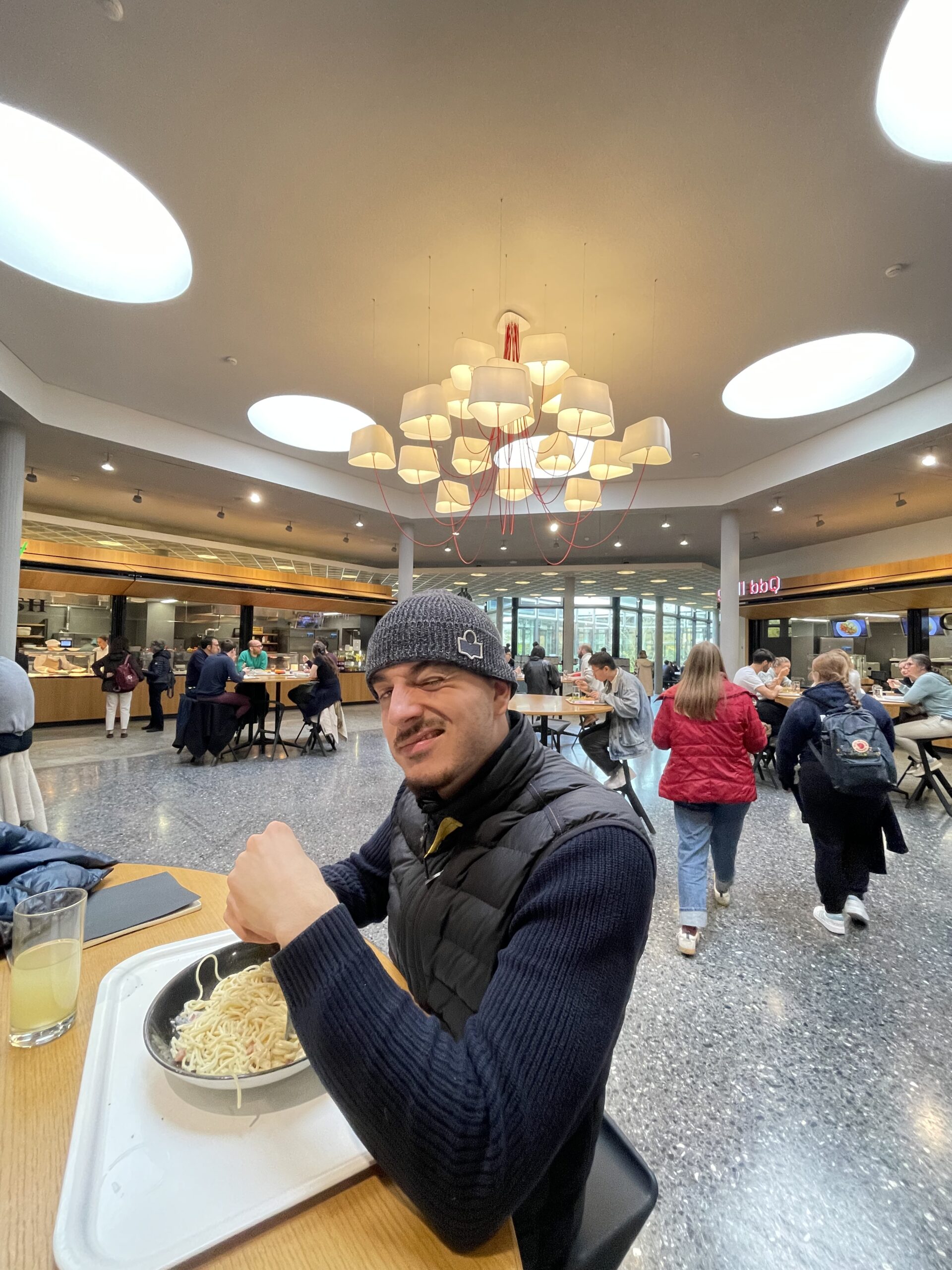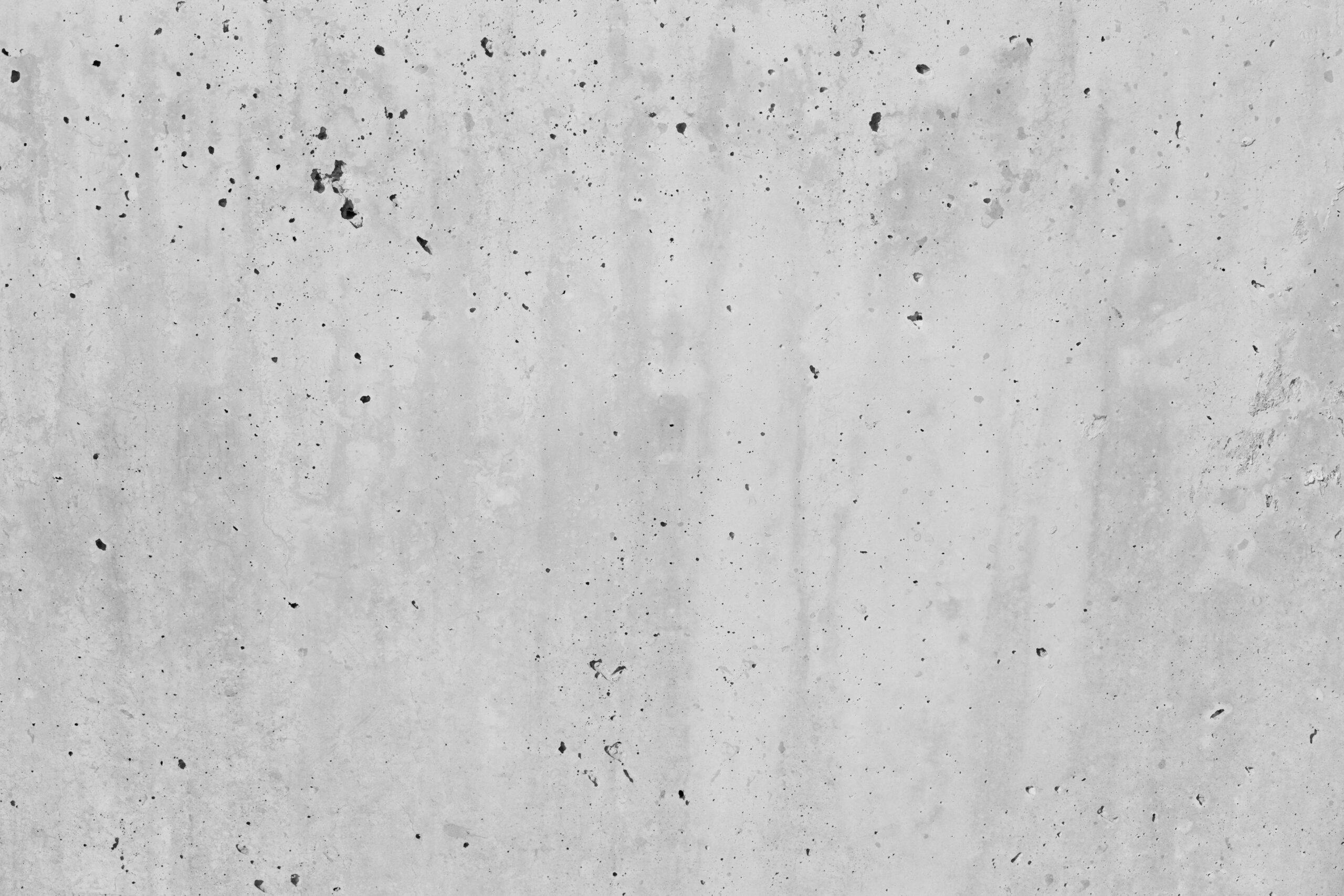Assignment 1: Blindfolded walk
In this exercise, I started from the HIB building and made my way to the HIL building with my eyes closed. Right from the beginning, I realized how difficult it is to move without sight, as all our usual reference points are thrown off. Distances seemed much longer: when I moved 50 cm, it felt like I was covering a much greater distance. My sense of orientation was also affected. Although I was familiar with the environment, my spatial awareness was completely off, especially when it came to elements like entrances or elevator shafts.
Most of the time, I had a general idea of where I was, but I couldn’t pinpoint my exact position in space. However, after a few minutes, I started getting used to it. It became much easier to move by following my partner’s guidance. My sense of hearing became more acute, and I started paying attention to small details that usually went unnoticed. For instance, the sound of ventilation, which I would normally ignore, became very noticeable.
I also realized that spaces are not soundproofed in the same way, and that the materials used for wall and floor coverings, as well as the geometric design and dimensions of the spaces, have a big impact on how sound is perceived. For example, in a closed room with carpets on the floor, it is almost possible to estimate the dimensions of the space and the distance to the walls or ceiling just by listening to the acoustics.
Assignment 2: Soundscape
LOUD EXPERIENCE: CAFETERIA

CLOSE PEOPLE: | | | | | | | | | |
SURROUNDING PEOPLE: | | | | | | | | | |
CLOSE CUTLURY: | | | | | | | | | |
BACKGROUND CUTLURY: | | | | | | | | | |
PLASTIC PLATES: | | | | | | | | | |
MOUTH NOISES: | | | | | | | | | |



